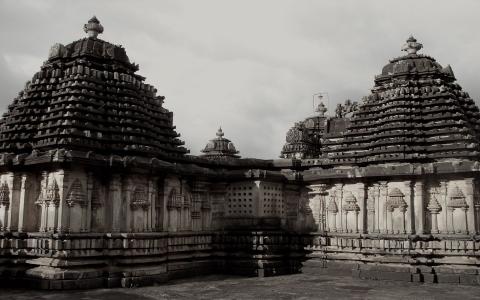
After Krishnadevaraya’s death, Achyutaraya just managed to run the kingdom. He wasn’t particularly competent. And by the time of Ramaraya, the kingdom had completely declined. In this context, we must recall the Mahābhārata’s Daṇḍanīti (Principles of Governance). Chanakya and his predecessors who were experts in arthaśāstra (a generic term referring to ‘science of polity and economics’) have given various schemes, strategies, and suggestions for...
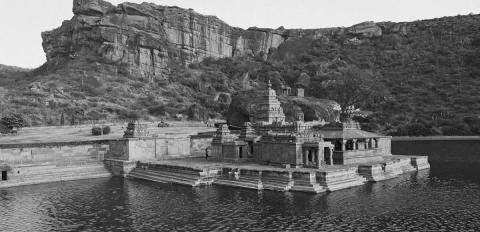
An emperor as powerful as Pulakeshi II had to face numerous struggles during his last days. His brother “Kubja” [Short] Vishnuvardhana would repeatedly rise in rebellion, Pulakeshi would quell it and forgive him—this seemed to have become the norm. However, what we notice in each such instance is simply Pulakeshi’s weakness. The younger brother fully exploited his sibling’s sentimentality. Pulikeshi had four children. He justifiably displayed...
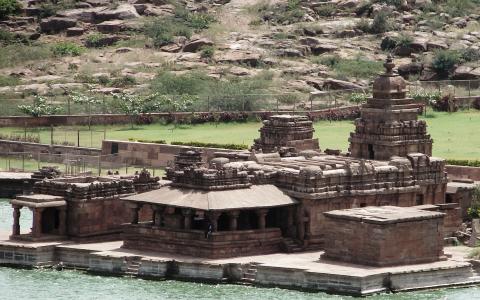
Badami Chalukyas
Another great luminary whom we must consider alongside Harshavardhana is Immadi Pulakeshi (Pulakeshi II). He belongs to the Badami Chalukyas. Harshavardhana hailed from a Vaiśya clan, Pulakeshi from a Śūdra clan. Basically the Chalukyas came from an agricultural background; they were originally a farming community. In the first sarga (canto) of Bilhaṇa’s Vikramāṅkadevacaritam, we find a story about the origin of the Chalukyas...
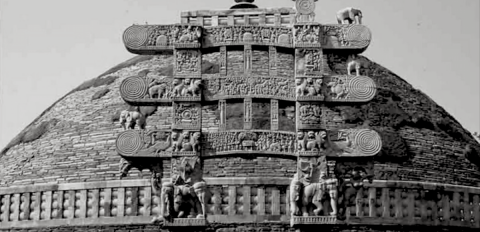
The fact that Shiladitya Harshavardhana developed greater fondness towards Buddhism in his later years is evident from his own writings. Three Rupakas whose authorship can be attributed to Harshavardhana are extant. He has also written a few Stotras (loosely, “hymns”) and a collection of independent verses. His Rupakas, “Priyadarshika,” “Ratnavali,” and “Nagananda” continue to remain popular amid lay persons and scholars alike. “Priyadarshika”...
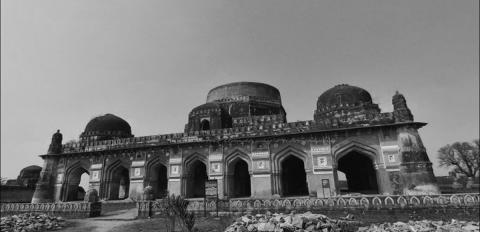
In the later part of the Gupta Era, we see the rise of Sthaneshwar, which is on the banks of the Ganga. It lies between Ambala and Delhi, near Kurukshetra. A great king who came from there was Harshavardhana. Like the Guptas, he too came from a family of vaiśyas. Harshavardhana’s father was Prabhakaravardhana and his brother was Rajyavardhana. Even when they were in quite a formidable position, their kingdom had threats; they faced pressure...
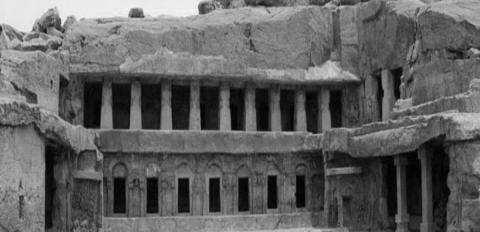
In this discourse about the tradition of kṣātra in India, at every step, the storyline goes up and down, backwards and forward. It is my desire that all the important aspects must be covered in an informal yet succinct and rigorous manner. Consequently as we have observed so far, there have been several lineages of kings. Here I refer only to the great milestones of our history and tradition of kṣātra. So much more has to be said...
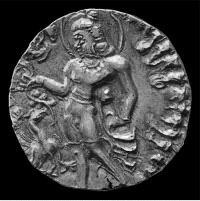
Kumaragupta
Some of the so-called historians in an attempt to tarnish the Gupta Empire have made ridiculous attempts claiming “Kumaragupta had absolutely no qualifications. He revolted against his own father,” and spinning such yarns. However the coins that he issued are in themselves the best evidence that show his capability and competence in administration. Indeed the coins of Mohammed bin Tughlaq are the best illustration of how...
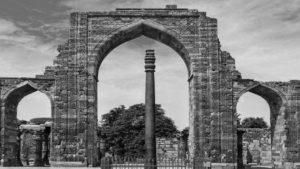
An entire galaxy of eminences in Astronomy such as Brahmagupta, Varahamihira, Aryabhata and Bhaskara I belonged to the Gupta Era. A major benefit that ensued as a result of the advancement in Astronomy was the ease in and flourishing of maritime trade and commerce. Predicting rain and harvest became more accurate. It was an era when the Mariner’s Compass had not yet been invented. It was perhaps the invention of the Chinese. When Marco Polo...
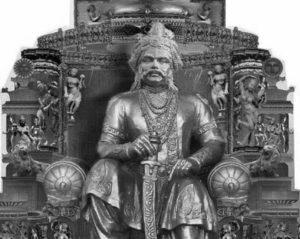
We must observe the magnanimity of the Gupta period. This open-mindedness and magnanimity springs from Sanātana dharma and the people of that era had truly grasped the spirit of Sanātana dharma. There are many people who read the Vedas all their life but they fail to realize that there are parts of the Vedas that speak about the futility of the Vedas.[1] They don’t realize that we have to apply that learning on a daily basis.
In the context of...
Ancient Indians travelled widely abroad. They carried out trade with several countries. It was not just the traders and businessmen who travelled widely but people from all the four varṇas. Even today we find the roots of brāhmaṇa families in Indonesia, Thailand, Bali, and other places. The ancient tradition has remained until this day. It is a different matter to what extent these traditions have loosened and transformed into something else. In...
